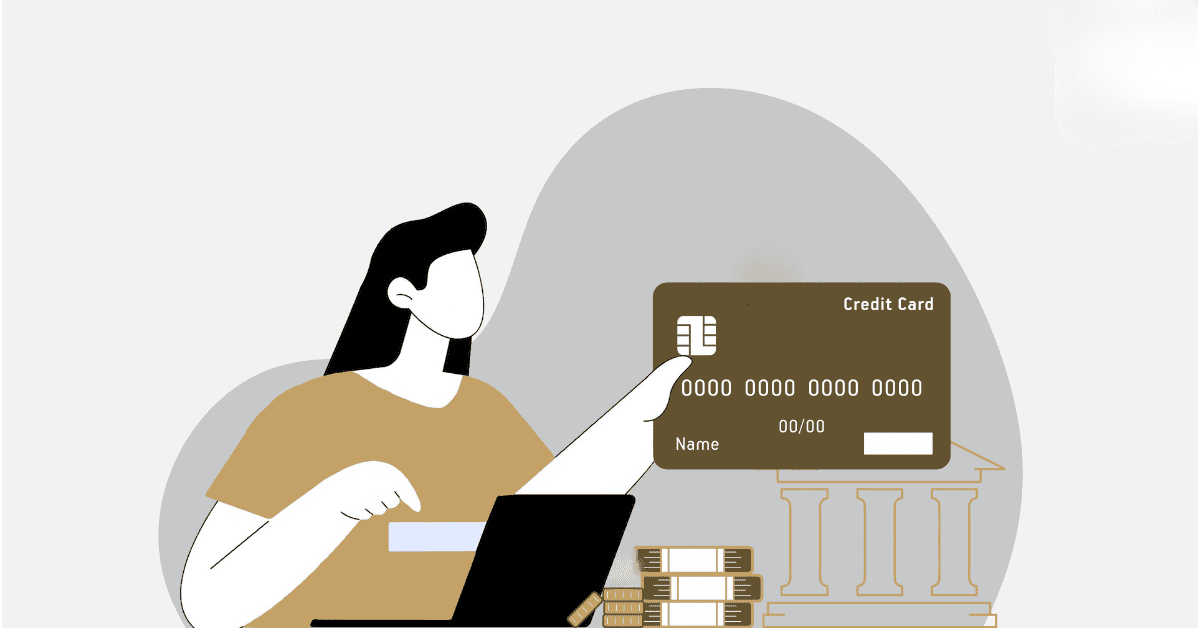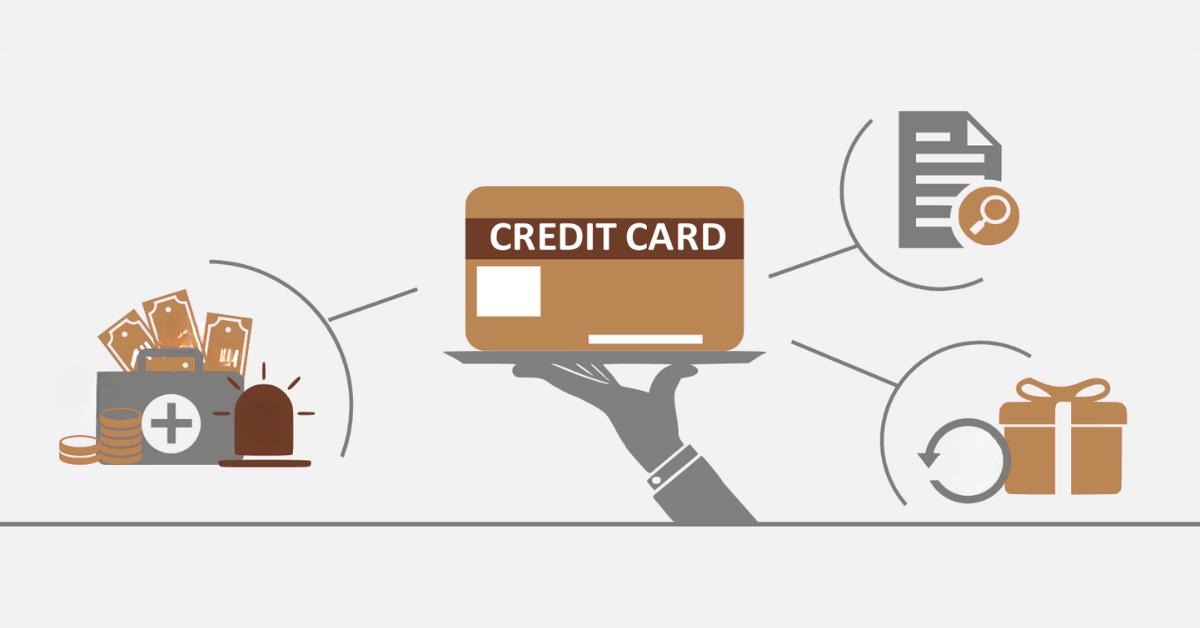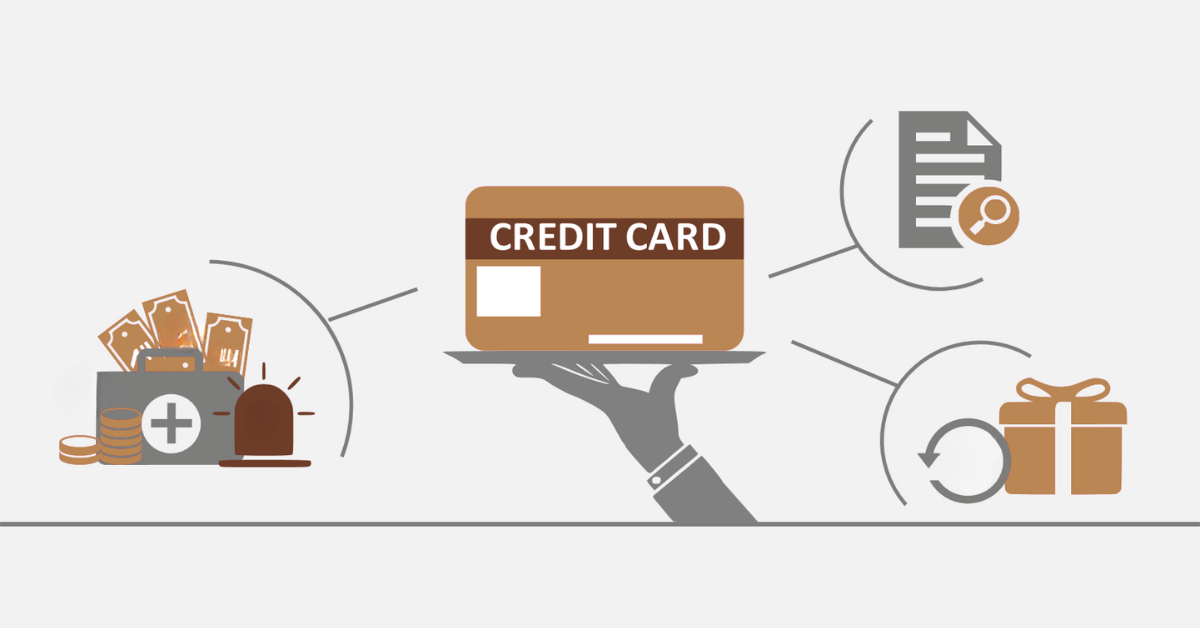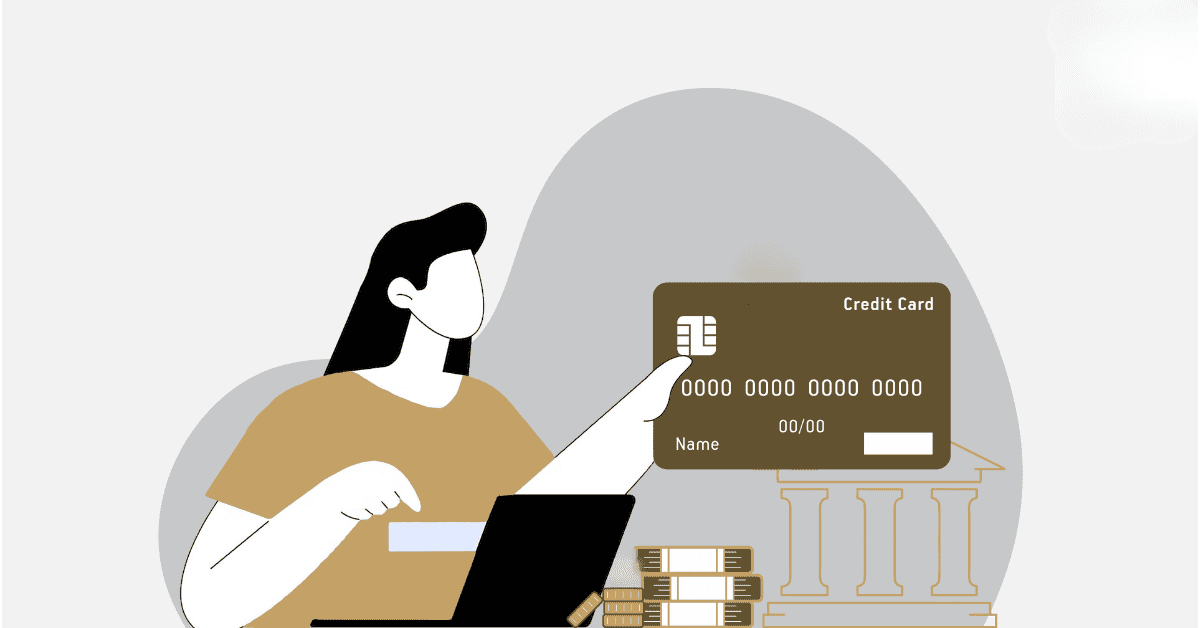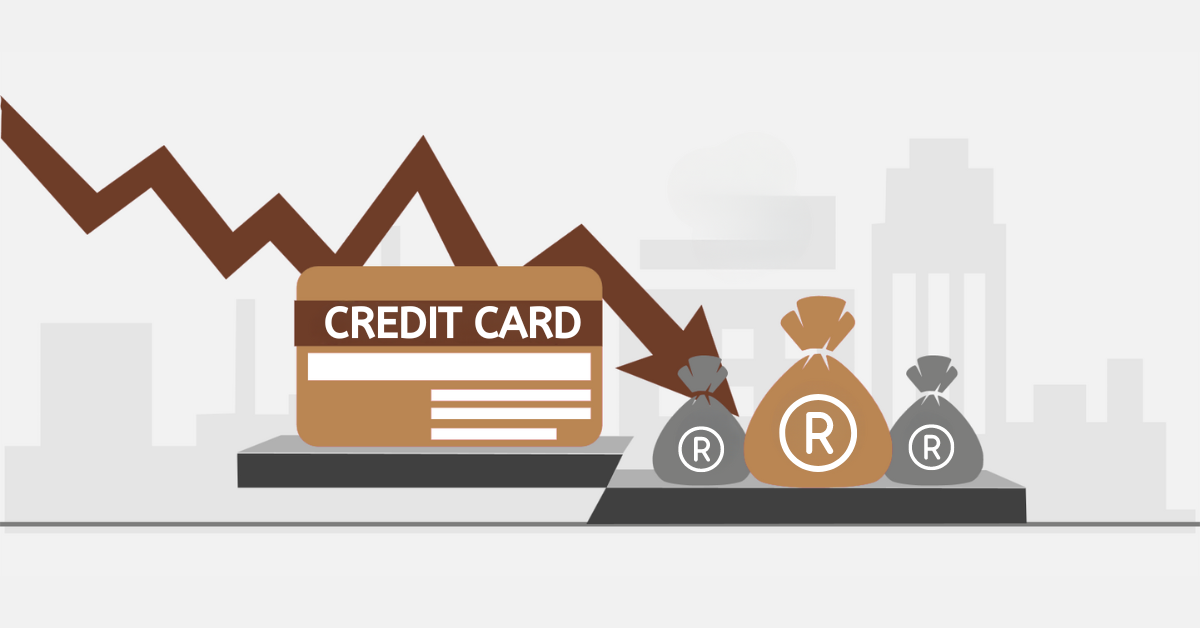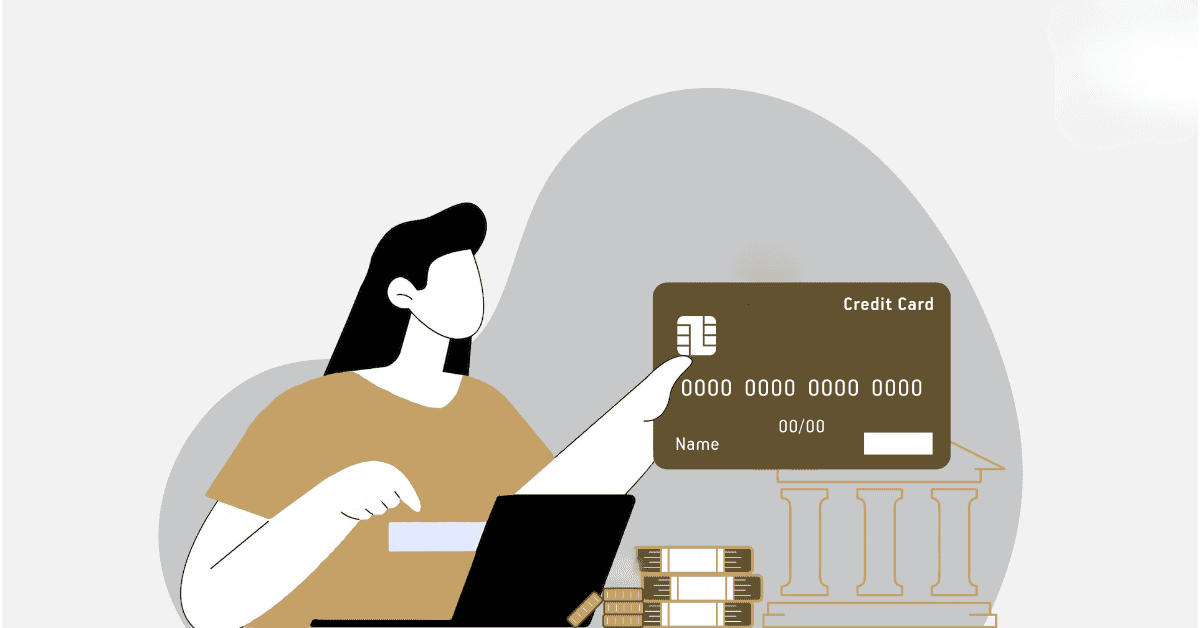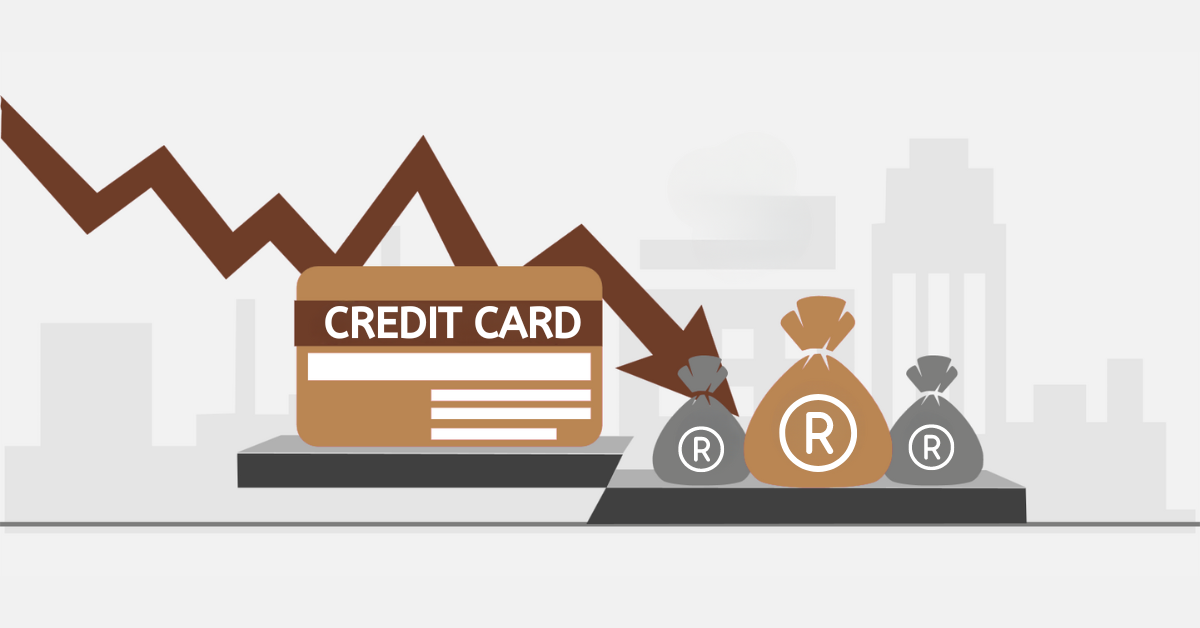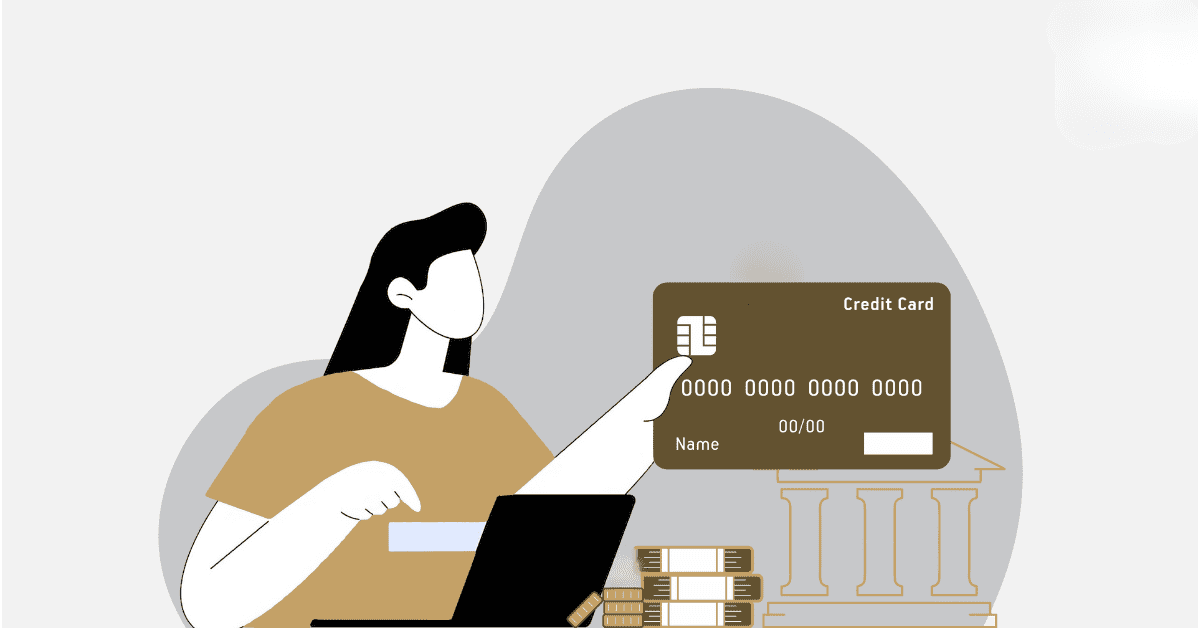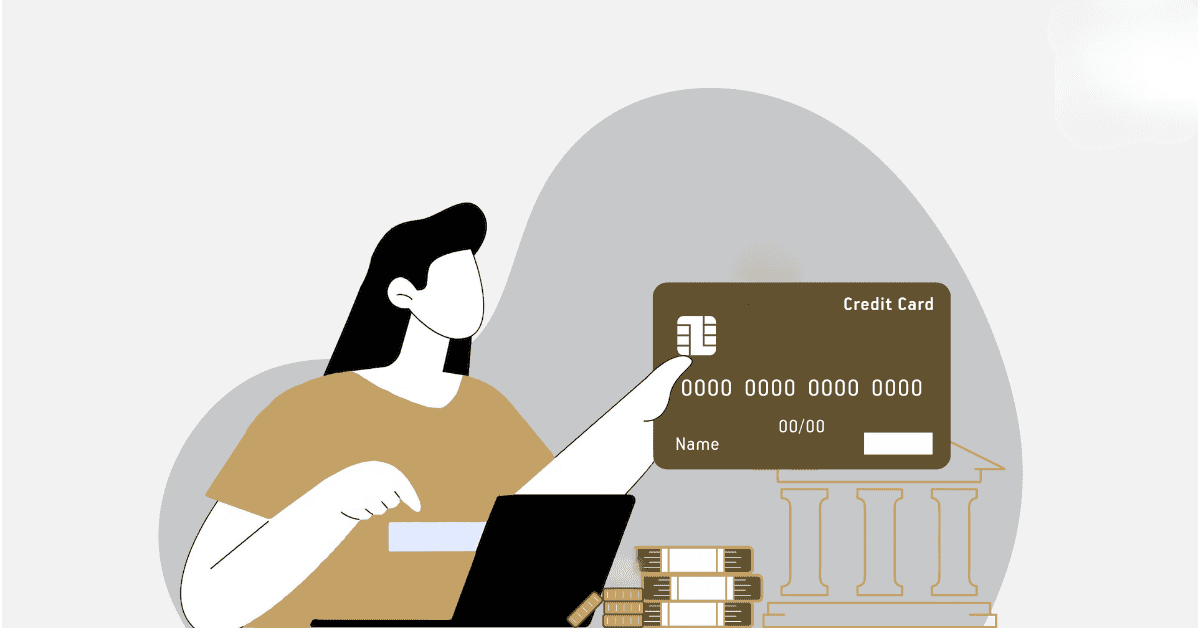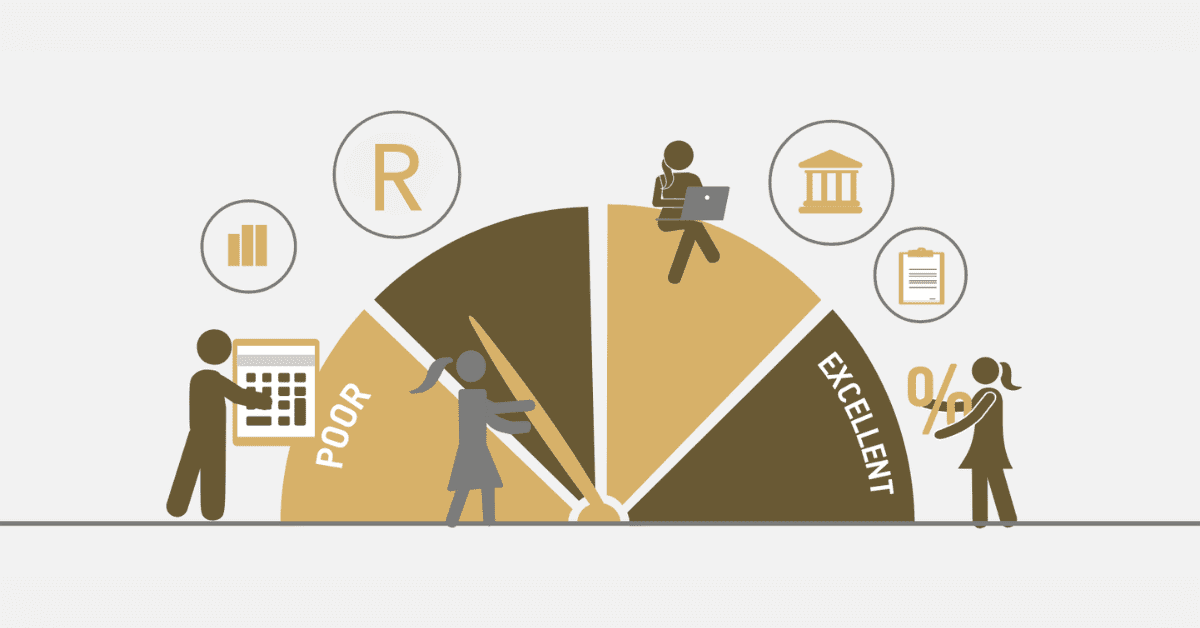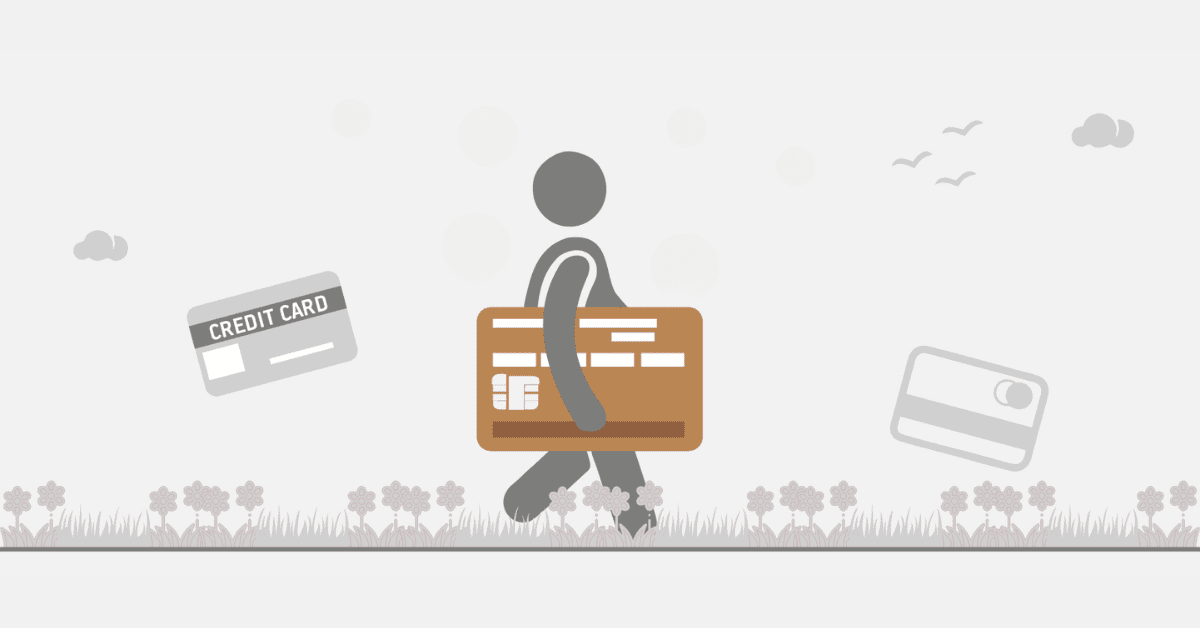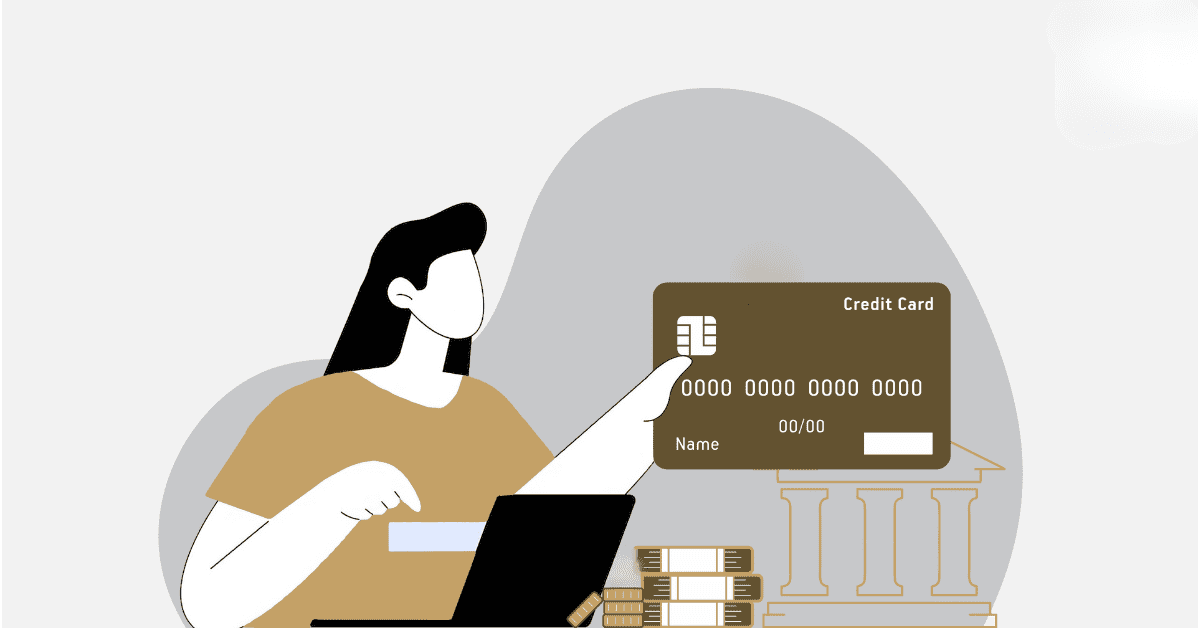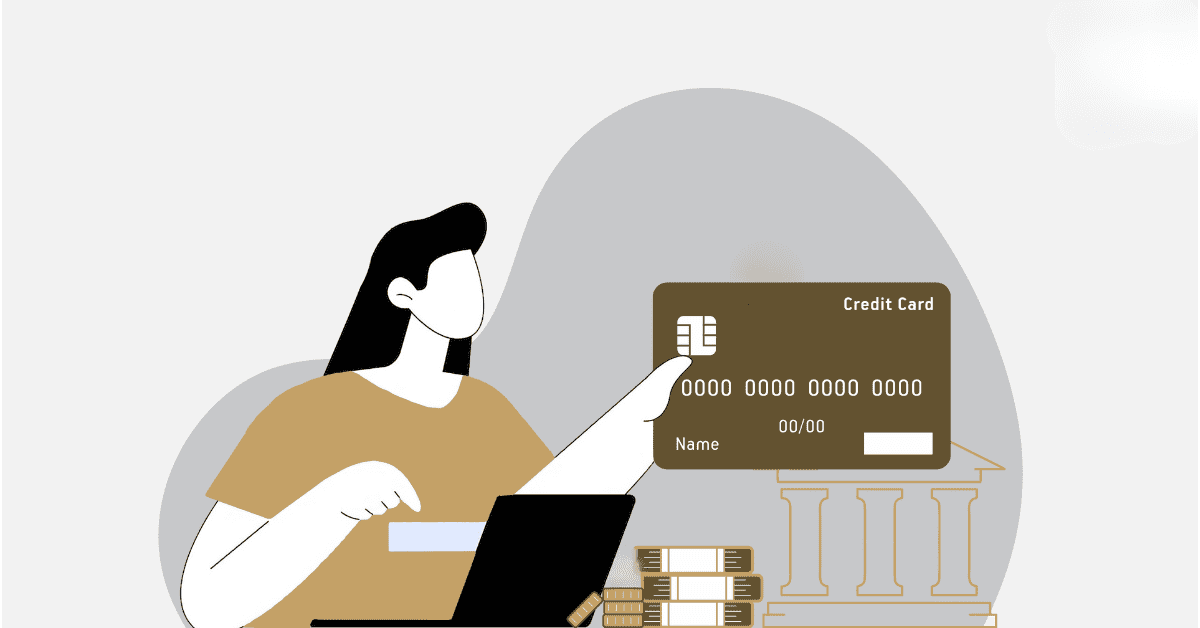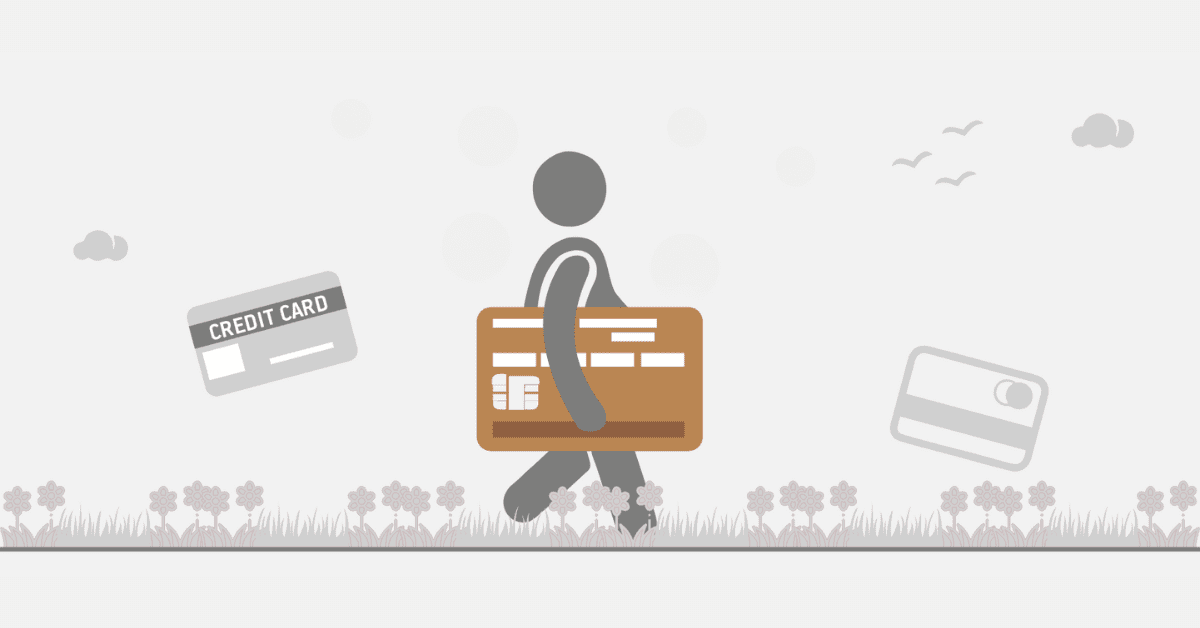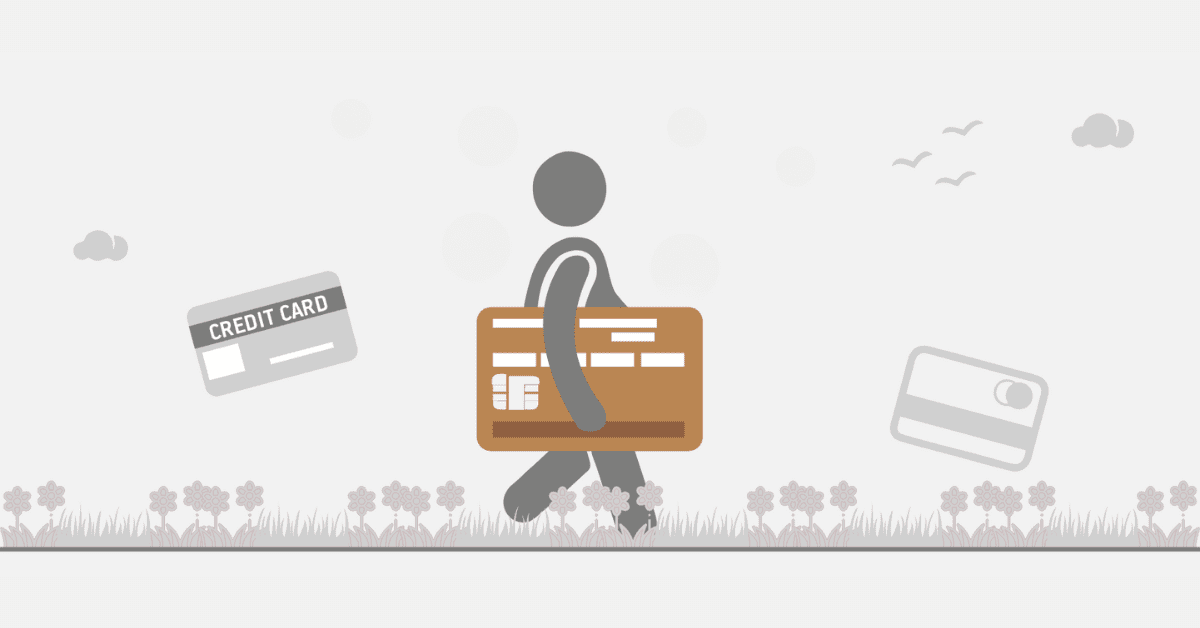Credit checks are part of financial transaction processes that address issues ranging from loan facilities to job opportunities. They give a brief overview of someone’s financial responsibility or level of trustworthiness. However, the question arises here of whether they can be done without the person’s knowledge. This paper, therefore, tries to scrutinize the legality of unauthorized credit checks
Can Someone Check Your Credit Without Permission?
So, who can check your credit without your permission in real life? The Fair Credit Reporting Act governs who can access a copy of your report and for what purpose. Generally, checks on your credit require written consent. But there are a few cases where “soft inquiries” or “soft pulls” can be made without formal approval from you. These include preapproved credit offers or account reviews by existing creditors.
Soft inquiries include checking one’s credit report and other businesses viewing it for purposes that include pre-approved offers of credit or checking your credit report for any changes. They do not affect your scores as well. Other inquiries include court orders or requests by federal agencies, like the Department of Defense, if you are a member of the military. It is, however, worth noting that while consent is normally required from you, the FCRA only provides a few provisions making a credit check legally authorized even without any form of consent from you.
If you feel that someone has further checked your credit without proper authorization, you can question and dispute any inquiry that is unauthorized by the credit bureaus.
Is It Illegal To Conduct Credit Checks In South Africa Without Permission?
According to the law, evaluating a person’s loan scores without the individual’s authorization is against the law in SA. According to the National Credit Act (NCA), no one is supposed to access the records concerning another person without clearly high consent. High consent is necessary because of people’s privacy and, most importantly, information concerning their financial records.
Especially this practice of carrying out an underhand check without formally seeking the permission of the party could lead the violators to serious consequences like immense payment of fines or even landing in jail. It is for these reasons that the NCA advocates that one seeks written consent from the one before giving them the right, therefore ensuring that a certain individual is waived information and agrees personally to have a credit check done.
Besides this, legal status allows some specifics to check one’s status, like banks, landlords, and employers. They may only go ahead after obtaining a written go-ahead from the respective person. Such approval is normally requested at the point of a loan, house, or job application, where the credit status of the person is normally checked.
The NCA has strict regulation policies on consent and the right of an individual to withhold their financial information. Therefore, people and organizations need to acquaint themselves with these laws so that they do not wield the sword of the law that tries to keep the secrecy of personal financial information.
How Do I Report Unauthorized Credit Inquiries?
Here is what to do if unauthorized credit inquiries reflect on your report to protect the health of your credit:
- Contact the company that requested the inquiry and provide them with proof of authorization to have it removed.
- Access and report identity theft information from the Federal Trade Commission website, IdentityTheft.gov. Be sure to determine that the complaint is truly against a handled situation of identity theft.
- Immediately alert and contact Experian, TransUnion, and Equifax; they will urge you to take additional steps, such as possibly preventing anyone from viewing your accounts in case your credit card is involved or accessed to perpetrate the fraud.
- Place an alert on your consumer credit reports. This influential but free 90-day warning alerts prospective creditors that they must verify your identity before extending credit in your name. Inform one bureau; two others get to know.
- You can file a dispute with the credit bureaus. Once informed, a credit bureau is supposed to investigate the matter.
What Is Required To Do A Credit Check On Someone?
In South Africa, checking a person’s credit is highly regulated, so this is what is generally needed:
- Written Consent: You must obtain written permission from the person on whom the credit check will be performed.
- Valid reason: The reason that justifies the need for a credit check must be forwarded. For example, the screening of an applicant for a job in staff positions with financial responsibility.
- Identity Verification: You’ll need the individual’s full name, South African ID number, or passport number.
- Compliance: All undertakings must adhere to the mandates stipulated in the National Credit Act when making loan evaluations to ensure the responsible use of score information.
What Information Is Needed To Conduct A Credit Check On Someone?
In judgment, under the NCA Constitution, the following should be adhered to and considered when running any credit check against another.
- Written Permission: The individual’s explicit written consent is mandatory.
- Surname: You’ll need the person’s surname for identification.
- South African ID or Passport Number: This is essential for accessing the credit report.
- WinCredit Registration Requirement: As required under the NCA, to access data from credit bureaus, one must register with WinCredit.
